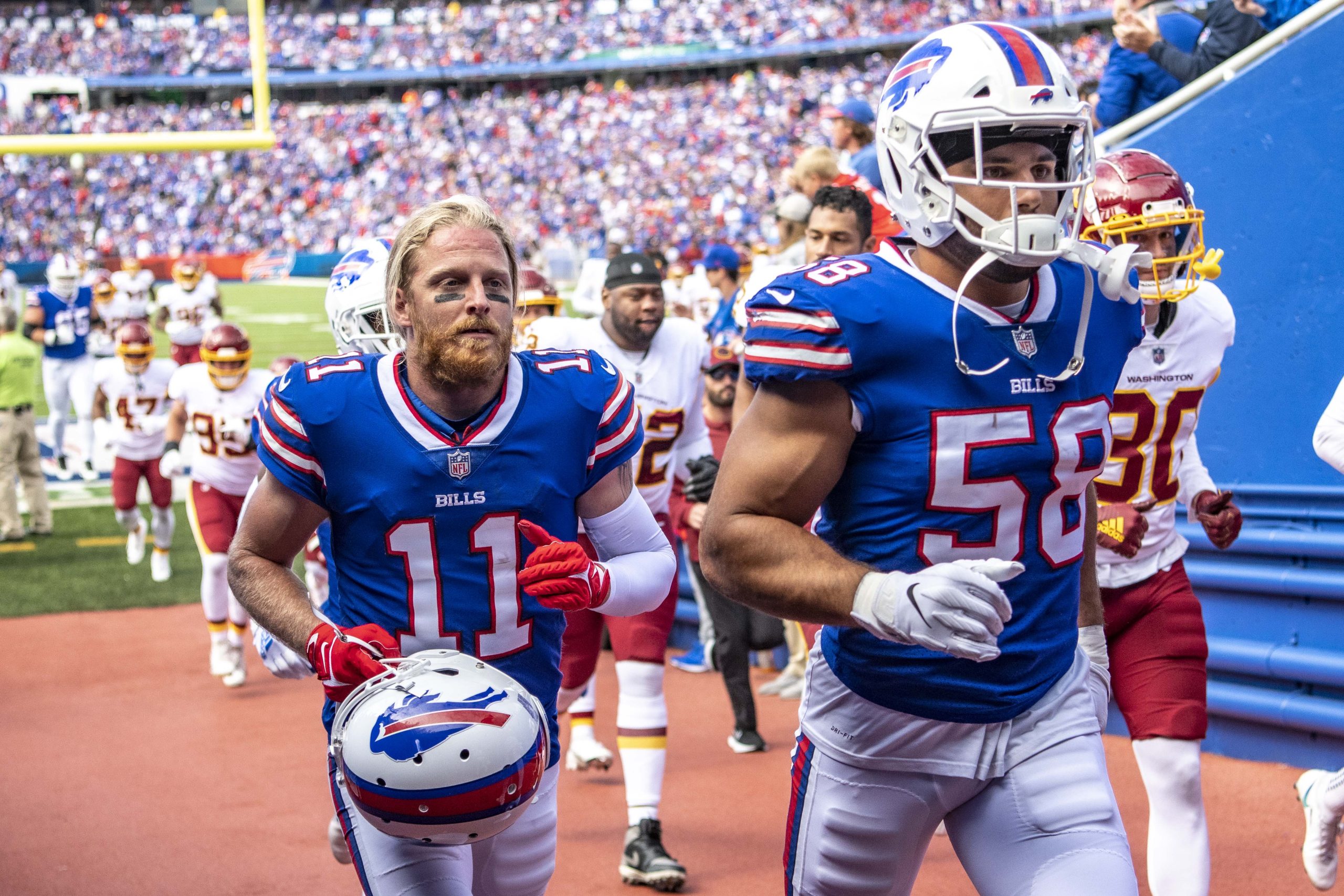The Buffalo Bills are riding high – deservedly so – and the rest of the NFL is taking note. But behind Josh Allen's MVP-like season, there's old-fashioned corporate welfare afoot.
The culprits: the team's owners, in line with state and local politicians, who are prepared to fleece fans and taxpayers to finance a new stadium. It's an old story – politicians using tax dollars to fund the sports palaces of billionaire team owners. But in Buffalo's case, the usual suspects are thinking bigger than any corporate welfare combo has before:
Funding for the [proposed $1.4 billion] stadium includes a record $850 million of public funding, with $600 million coming from New York state and $250 million from Erie County.
Good grief.
Let's go back to the research, shall we? As James Dator wrote in SBNation back in 2021:
There's almost no justification for larger, more elaborate and expensive new stadiums outside of being a pissing contest between cities. As far back at ‘90s, there were economic studies being done on publicly funded stadiums, and time and time again the numbers came up wanting.
A 1997 study titled Sports, Jobs & Taxes: Are New Stadiums Worth the Cost? used the then-example of the Baltimore Orioles. A team which had received $200M in taxpayer funding, estimated at costing citizens $14M per year. In the first five years of its existence the actual economic impact of the stadium was valued at $3M a year from the construction — resulting in a net loss for the city.
A 2017 poll of economists by IGM showed an overwhelming majority, 83 percent, believed funding stadiums with tax revenue cost taxpayers more than the construction would generate.
While teams generate glowing economic impact statements that allege new construction will generate hundreds of millions of dollars in growth, they consistently present their argument in isolation. It pre-supposes that if a city didn't spend hundreds of millions of dollars on a stadium that those funds would sit and do nothing. However, most economists agree that if the same money earmarked for stadium construction was put into other growth areas, the result would be equal, if not greater in other sectors.
Michael Leeds, a sports economist at Temple University, used Chicago as case study of how little teams actually contribute to the local economy. In 2017 his figures showed that if sports team disappeared from Chicago overnight, meaning the Bears, Bulls, Blackhawks, White Sox and Cubs all ceased to operate, the net loss to the city would be 1 percent. In addition his study showed that the actual economic impact of a full MLB season on the local Chicago economy equated to the same as a mid-size department store.
Rinse and repeat with the Bills, the Washington Commanders (that deal is, temporarily, on ice because, at bottom, no one likes or trusts team owner Dan Snyder) and so on.
If a team owner wants new digs, then the owner should go right ahead and build…with his own money. That way he not only shoulders all the risks but can reap all the supposed rewards.
That they don't tells the rest of us a lot about the real value of such “investments.” There isn't any. But that hardly sells with pols who want to get invited to games (in the owner's box, of course) and owners who want taxpayers to foot the bills and take the risks.
The opinions expressed in this article are those of the author and do not necessarily reflect the positions of American Liberty News.
READ NEXT: Top Republican Makes it Official, Announces Presidential Decision >>



Actually, the stadium Jerry Jones built in suburban Dallas (with his own wealth and credit) is profitable. Leave taxpayers alone. Build your own palace.